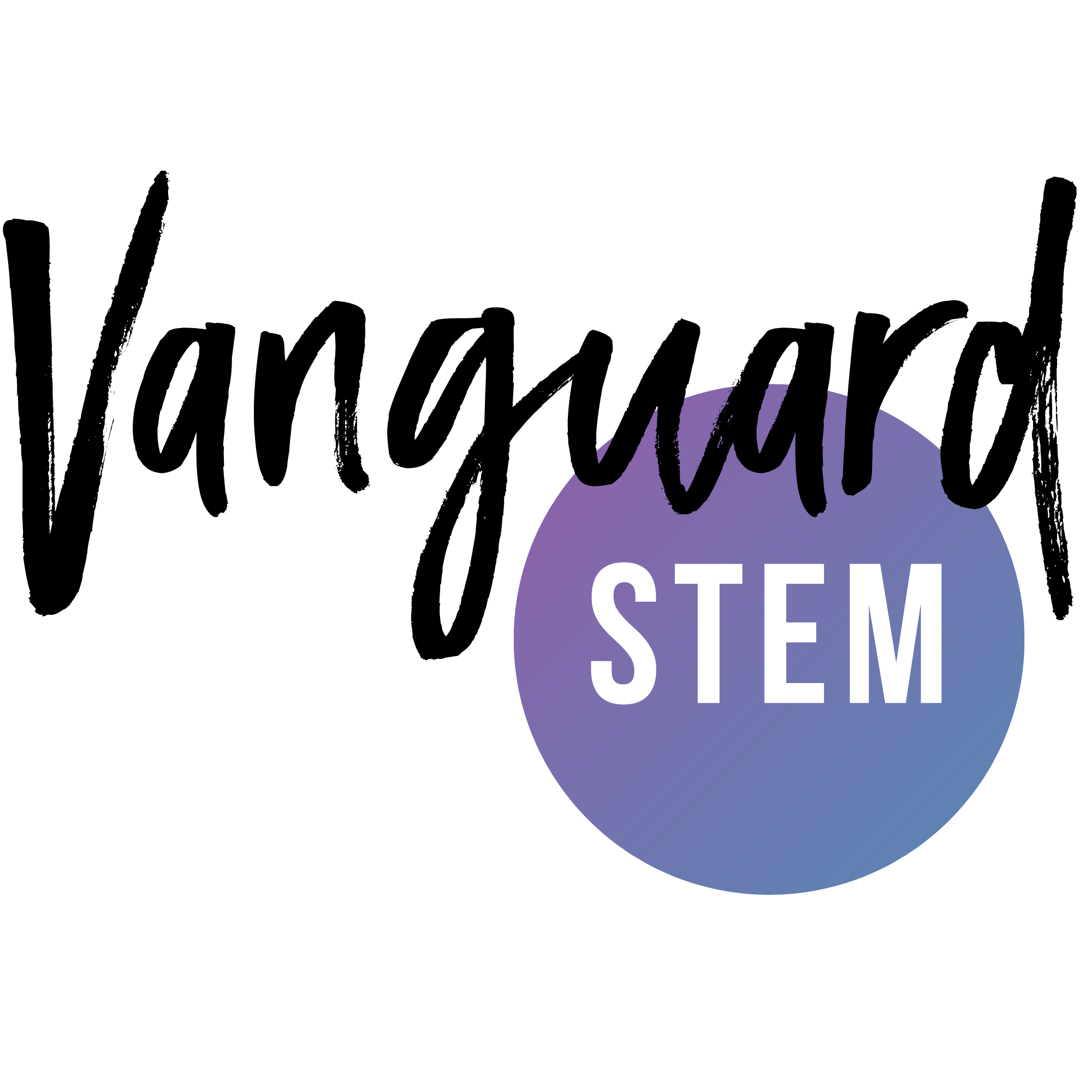Today’s Queer Crush Wednesday feature is a two-spirit Creole restoration ecologist working to advance equity and justice in STEM.
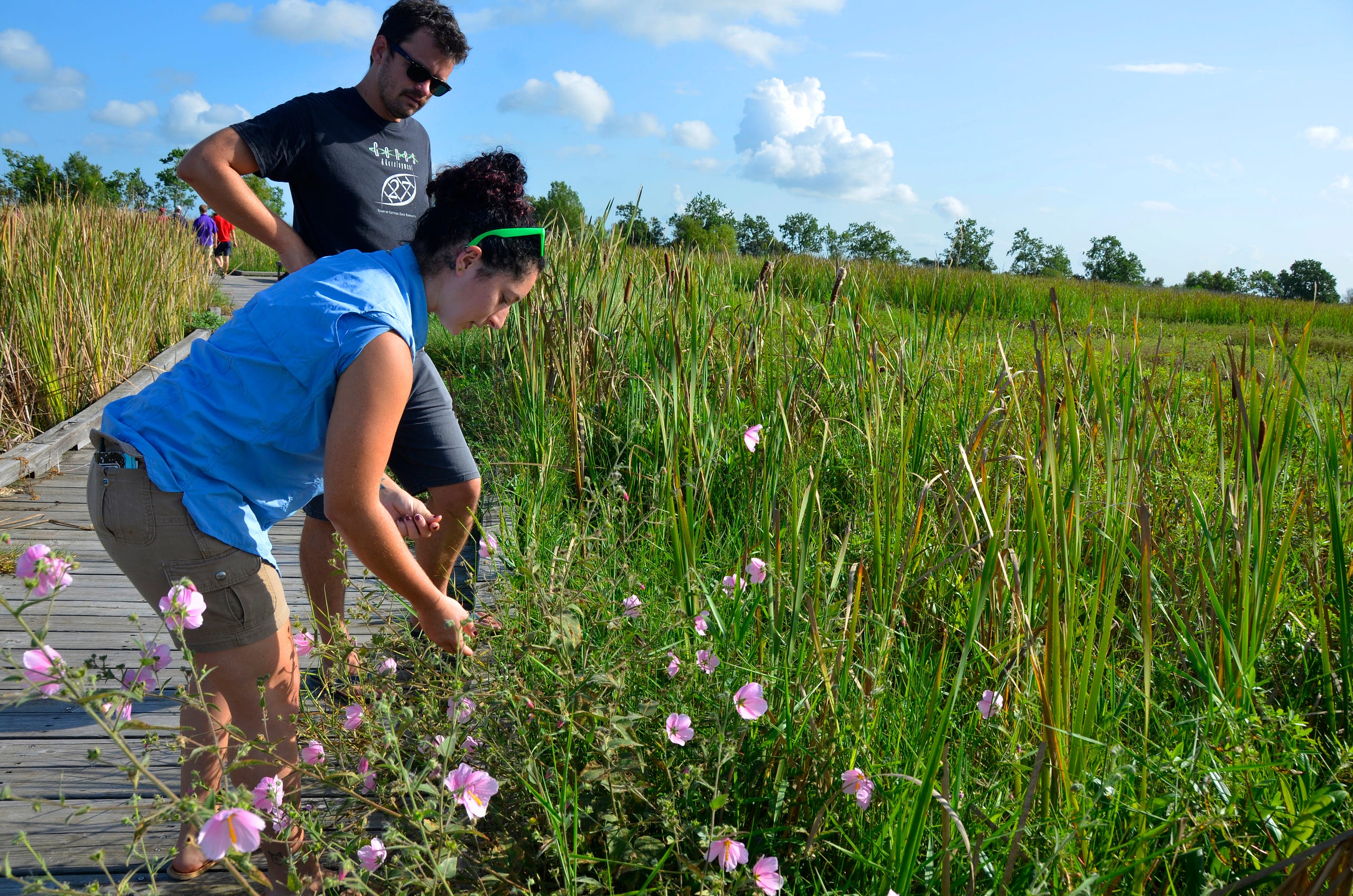
Responses may be edited for clarity and brevity.
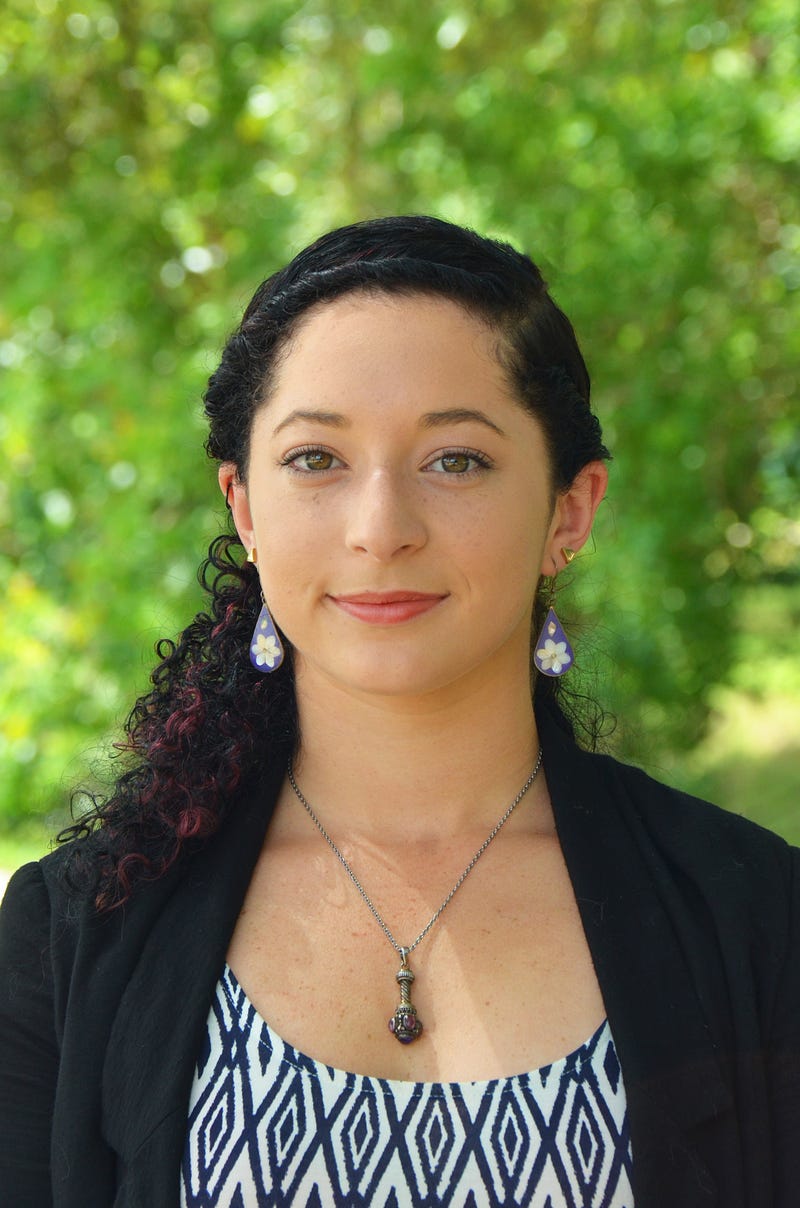
Where did you go to school?
M.S. Marine and Environmental Science (in progress), Nicholls State University, Thibodaux, LA
B.A. Biology, Amherst College, Amherst, MA
B.A. Russian Language and Culture, Amherst College, Amherst, MA
What do you do right now?
I’m finishing my Master’s degree in Marine and Environmental Science. My research focuses on native plants that have potential as saline-tolerant food crops, wildlife habitat and forage, medicine or sources of biomedical compounds and as vegetative plantings used to restore eroding wetlands.
I’m specifically studying a native wetland shrub called Lycium carolinianum (more commonly called wolfberry, salt matrimony vine or fraise) to compare fruit morphology, seed germination rates, transplant response and reproductive patterns of several Lycium communities in Louisiana. This species has a lot of potential for use in habitat restoration, but it’s not currently used in many projects. I’m working to document knowledge about this species to advance its cultivation and use in coastal restoration as there’s no published research on Lycium in Louisiana.
I’m also using my thesis as an opportunity to advocate for indigenous stewardship methods and approaches to community restoration. For example, Lycium is a nutrient-rich food used in traditional medicine and agriculture, and could be used in edible landscaping to increase public, free access to healthful foods.
I founded the student chapter of the American Association of University Women (AAUW) on my campus and this will be my last semester as president! AAUW is a national non-profit dedicated to empowering women and girls through education, research, advocacy and philanthropy. Our student organization strives to be inclusive, intersectional and accessible, and we sponsor campus programs promoting health, non-violence, pay equity and professional and personal development.
What made you choose your STEM discipline in the first place?
I’ve always been drawn to the outdoors. I used to watch squirrels and birds for hours; bury milk and honey at my favorite trees to thank them for their strong limbs; and swim in any river, lake or gulf waters I could find. As a high schooler, I was recruited by the Student Conservation Association to do environmental service in the Houston area, and in exchange for my participation during the school year, they flew me out to national parks and preserves to do backcountry trail work and learn from professionals.
Trail work is the building and maintenance of wilderness trails, mostly for recreational, research or subsistence purposes. The work I did in high school included leveling and clearing trails with National Park Service rangers at Saguaro National Park, assisting the Army Corps of Engineers reforest area along the Columbia River, and working with the Bureau of Land Management in the Wrangell Mountains to install trail-hardening panels for all-terrain vehicles that help preserve the Alaskan tundra and facilitate local hunters. Student crews were mentored by trail leaders (adults from different background hired by the Student Conservation Association) and agency representatives.
From there, I took some biology courses in undergrad, flip flopped between animal behavior and ecology, but ultimately settled on habitat restoration because I thought my work in this field would have the most beneficial impact to wildlife and people.
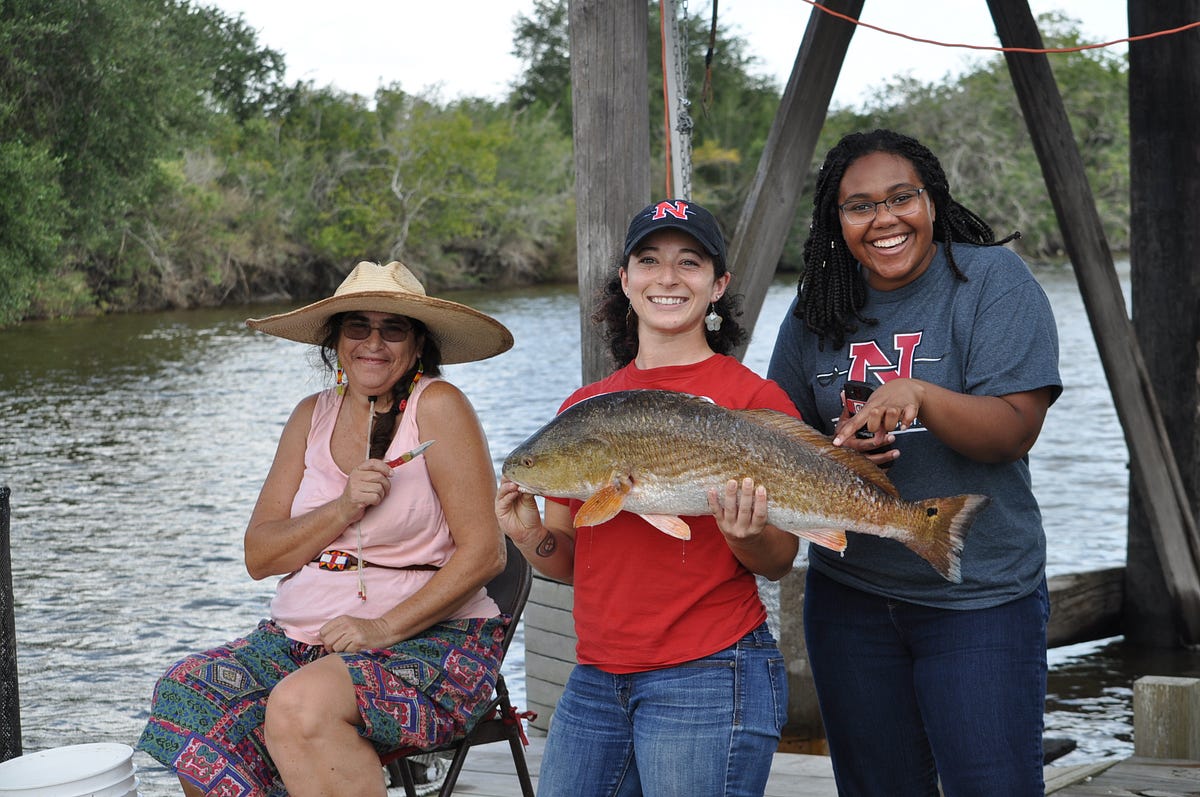
Are there other axes of identity that also impact your life and/or STEM experience you want to speak to (e.g. religion, sexual orientation, gender expression, ability status, neurodiversity, etc.)? How do these axes of identity impact you as a woman/girl/gender nonconforming-person of color?
I feel the keeper of the crossroads and I are very close friends because I’m constantly navigating the various axes and revolutions of my life in a sadly linear, binary society.
I am a two-spirit woman: I identify as a woman because that is how I was raised in society, that is how I present, and I am happy in my body. I identify as two-spirit because my womanhood does not conform to cis-hetero-normative standards — within my family, I’m like an aunt and an uncle; a nephew and a niece; a daughter and a son. My personality, abilities, desires and relationships do not conform to a single gender role.
I am a Creole woman — my ancestors are Ewe, Fon, Chahta, Chinese, French and Spanish. I’ve been visited by my ancestors and have been acknowledged by my family as having a special connection and awareness that allows me to help them through certain struggles by providing strength, empathy and perspective.
Additionally, I am pansexual, though I’m in a straight-passing relationship and therefore benefit from straight-passing privilege. I practice ancestral faiths in a very Christian community, and I’m constantly aware of the influence Christianity has on the people around me, both positively and not so much.
I also live with post-traumatic stress disorder (PTSD), but am fortunately feeling very healthy most days.
All of these axes of identity impact me because I tend to be very aware that I am the “other” in a group, but I think it just makes me aware of things that many may overlook.
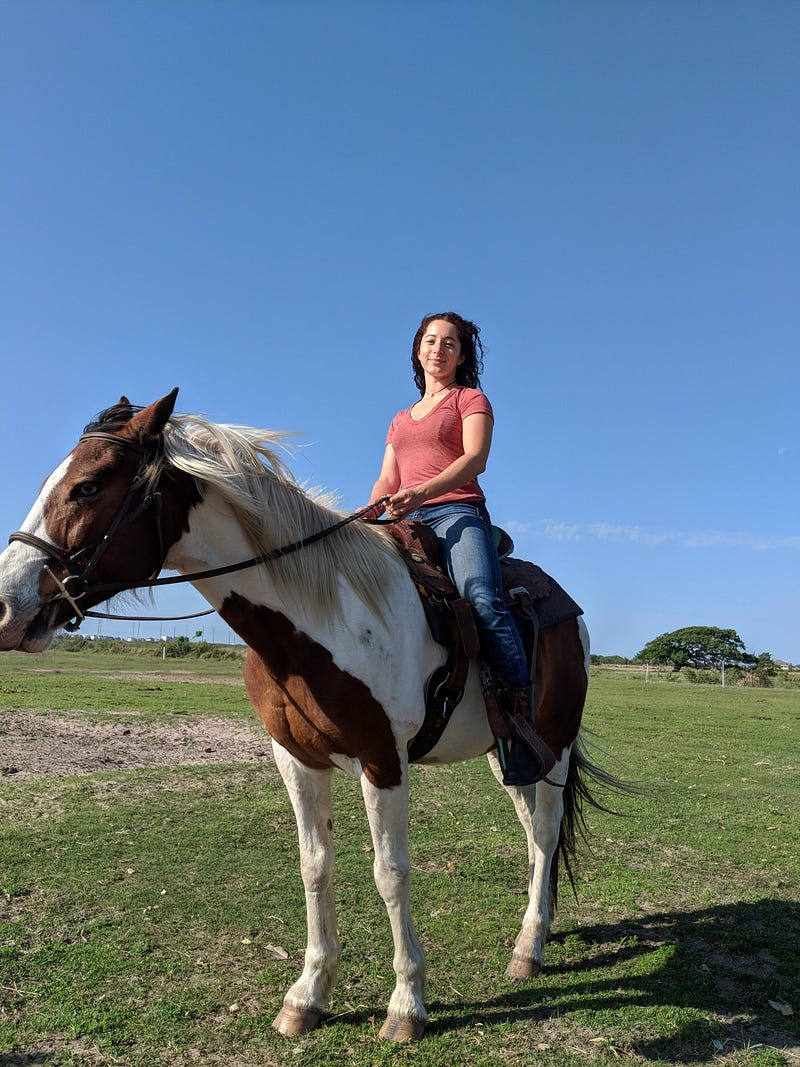
Is there a part of your “coming out” experience that stands out to you as particularly powerful that you would like to share?
In 2015, I attended the Louisiana Queer Conference as a college senior. I wasn’t “out” before college due to cultural pressures, and because my mother feared I’d be harmed if I came out publicly (she’s known I was queer since middle school- when I first became self aware- or even before then, because moms know everything!). I went to school in Massachusetts, thinking it was a liberal haven, but I was deeply homesick for the southern communities of color I grew up in.
Attending the Queer Conference was really like a homecoming to me. It was my first time being in a space dominated by southern people of color where I felt I could safely talk about my struggles to understand and accept my gender and sexuality, and be met with such compassion, support and validation. The Louisiana Queer Conference is specifically a space for queer college students and allies, so I cannot recommend this event enough to young folx.
I do have to add though, as someone who is cis- and straight-passing most of the time, I didn’t feel empowered to be really “OUT out” until very recently. I started a gender justice group at my graduate institution, and suddenly had students coming to me with concerns of LGBTQIA+ discrimination, or even just seeking personal validation for their feelings and identities. I realized they didn’t have anyone else to talk to — there’s no queer resource center on campus, no active gay-straight alliance, nada.
I stepped up to be more vocal about LGBTQIA+ issues because I know how reassuring it was during my undergrad experience to have mentors and faculty who were openly queer.
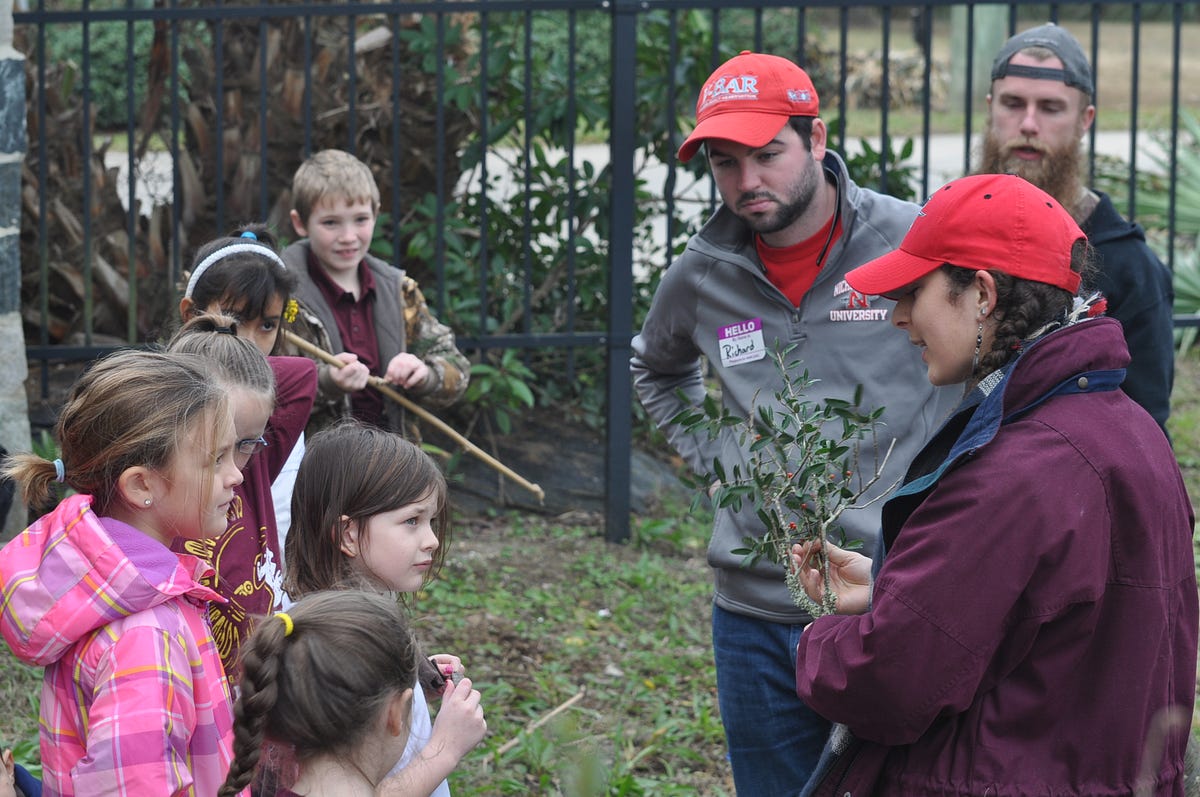
What’s one piece of advice you wish you had when you started your STEM journey?
The typical academic approach to science isn’t the only way to view science.
We’re taught a very colonial understanding of our natural surroundings, and that increasingly felt very alienating for me and made me very uncomfortable in undergrad. I sought family wisdom and indigenous scholarship I couldn’t find at my institution, and fortunately connected with some employers who valued my perspective. The information that has been most valuable to me has not been the information I’m graded on. I had to go through this journey to know what I needed and to learn how to find it.
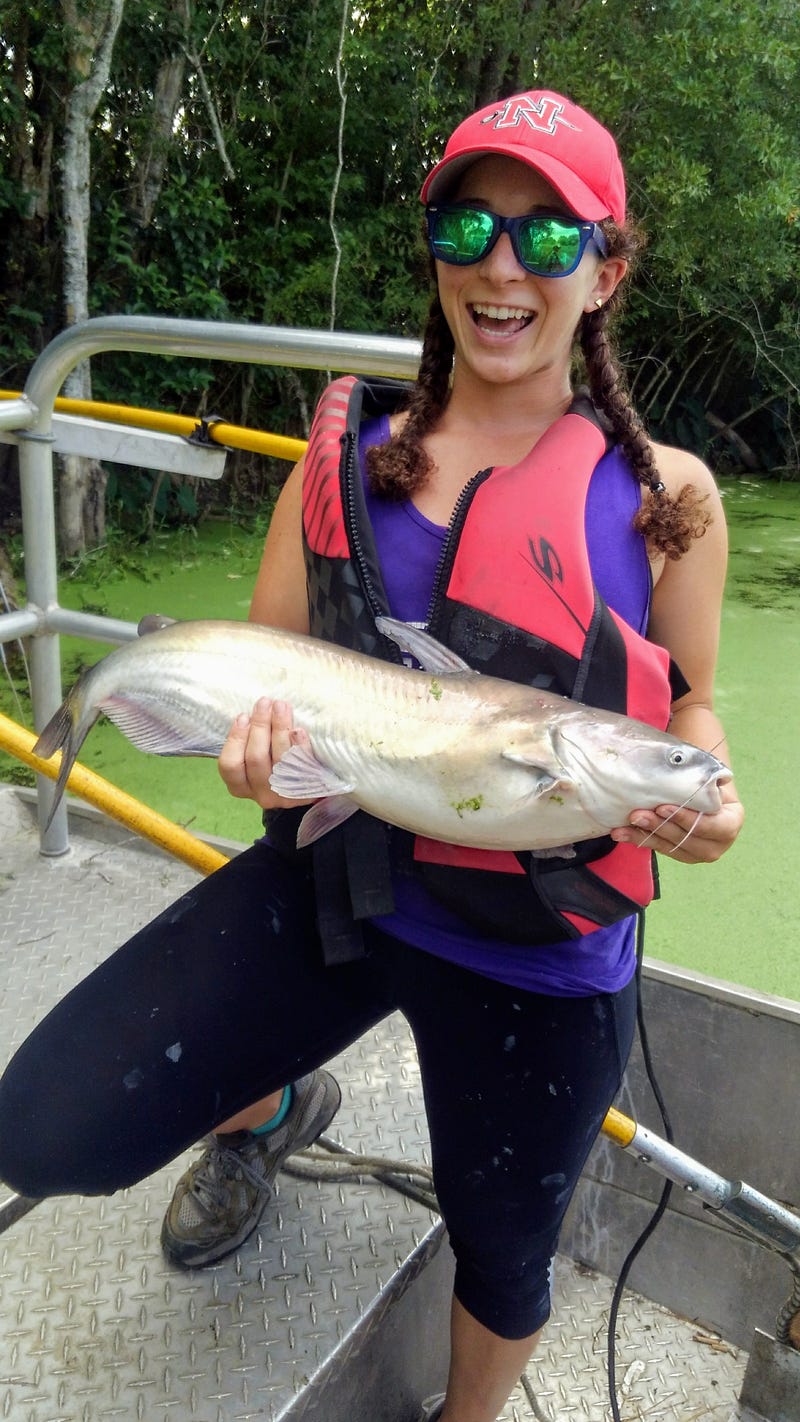
What advice would you give other queer WOC (QWOC) on finding or creating LGBTQIA+ affirmative spaces?
Prioritize your wellness. We often talk about self-care just to cope with everyday stressors or mental health issues, but it’s particularly important to keep yourself lifted while you’re doing work trying to uplift others.
Chances are if you’re actively trying to create LGBTQIA+ affirmative spaces, it means there wasn’t one to begin with due to bias, fear, apathy, etc., so you’re going up against a lot! You might have some setbacks and things might not happen overnight. That’s okay. Take care of yourself first, and don’t give up. In the meantime, get creative in finding resources or community spaces that are already available to you.
There are many gender justice organizations that offer leadership resources online to help organizers plan or recruit. There are Facebook groups dedicated to QWOC and our mental health, our spirituality, our relationships and more. If you live in a bigger city, chances are there’s an LGBTQIA+ Community or Advocacy Center in your area that hosts events and classes. And don’t brush off the value of a sincerely supportive ally. Of course we all want to be part of a community that can really empathize with us on a personal level, but it doesn’t hurt to have friends who respect you and are willing to learn.
Are there any (out) LGBTQIA+ WOC in STEM who have had an influence on you? Who and why?
Thanks to the wonderful world of #ScienceTwitter, I’ve been able to follow Dr. Chanda Prescod-Weinstein and Michelle Barboza-Ramirez, who are both very positive influences in my twitter sphere.
Dr. Chanda Prescod-Weinstein maintains a Decolonizing Science Reading List, has a great sense of humor, and offers some sharp commentary on equity both in STEM and the general community.
Michelle is a founder of Femmes of STEM and a team member of Cosplay for Science, both projects that help raise awareness of women in STEM history.
I’m also so fortunate to have a handful of friends from undergrad who are queer women of color. We’re scattered in different parts of the country now, but we support each other from afar.
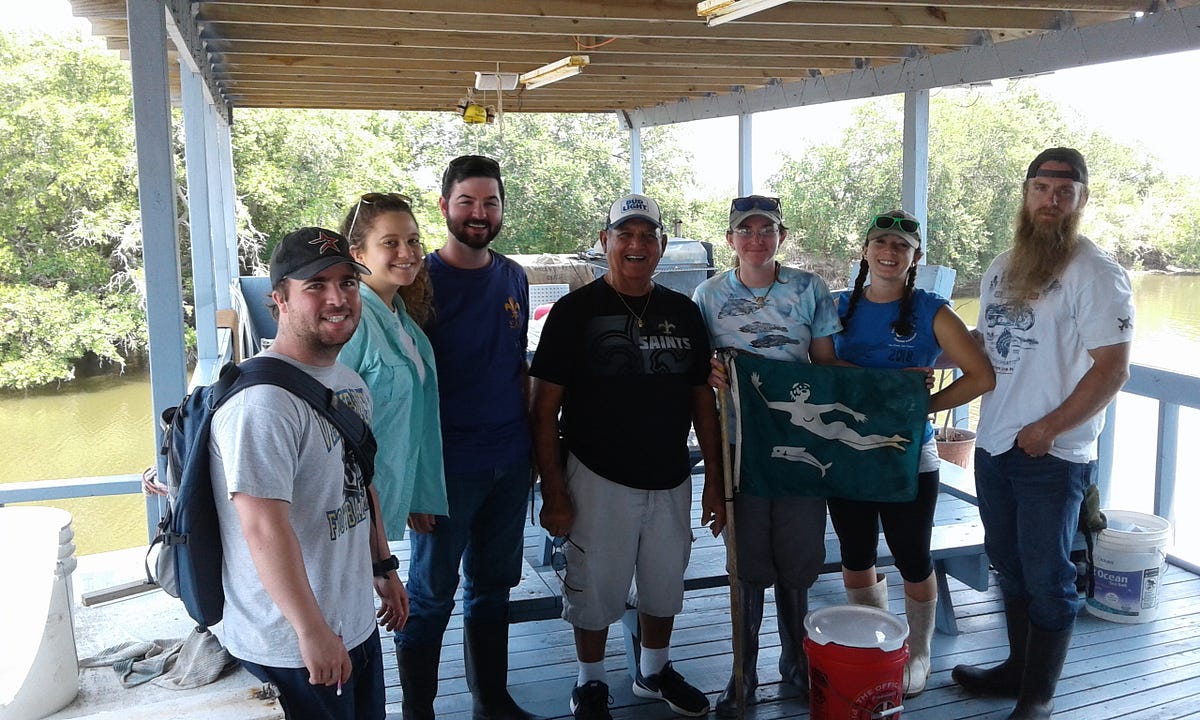
What do you think science communities could do to make space for queer women of color or other WOC in STEM who also identify as LGBTQIA+?
Unfortunately, some people in the STEM community still adamantly deny how many successes of modern science were developed by exploiting enslaved, colonized or otherwise marginalized peoples. Examples include J. Marion Sims’s gynecological experiments; contraceptive trials in Puerto Rico; Henrietta Lack’s HeLa cells; the farming and patenting of biochemical compounds based on traditional ecological knowledge without compensating tribes; and many others.
Traditional ecological knowledge is often understood to be synonymous with indigenous knowledge, though some scholars make the distinction between indigenous knowledge as being tied to sense of place and original land stewardship, while traditional knowledge is associated with traditional peoples that may or may not be indigenous to a region. Articles detailing scientists’ “discoveries” are in constant publication, but they often actually encapsulate indigenous wisdom that has been known for generations!
People need to cut out bias and ego, revisit our history, and realize science is lacking valuable perspective, nuance and knowledge because there aren’t enough queer women of color in STEM.
If you want to keep doing the same tired science, using the same tired methods and analyses, then continue to treat STEM as an old boys’ club. But if you want fresh insight, ideas, applications and results, then hire more queer women of color.
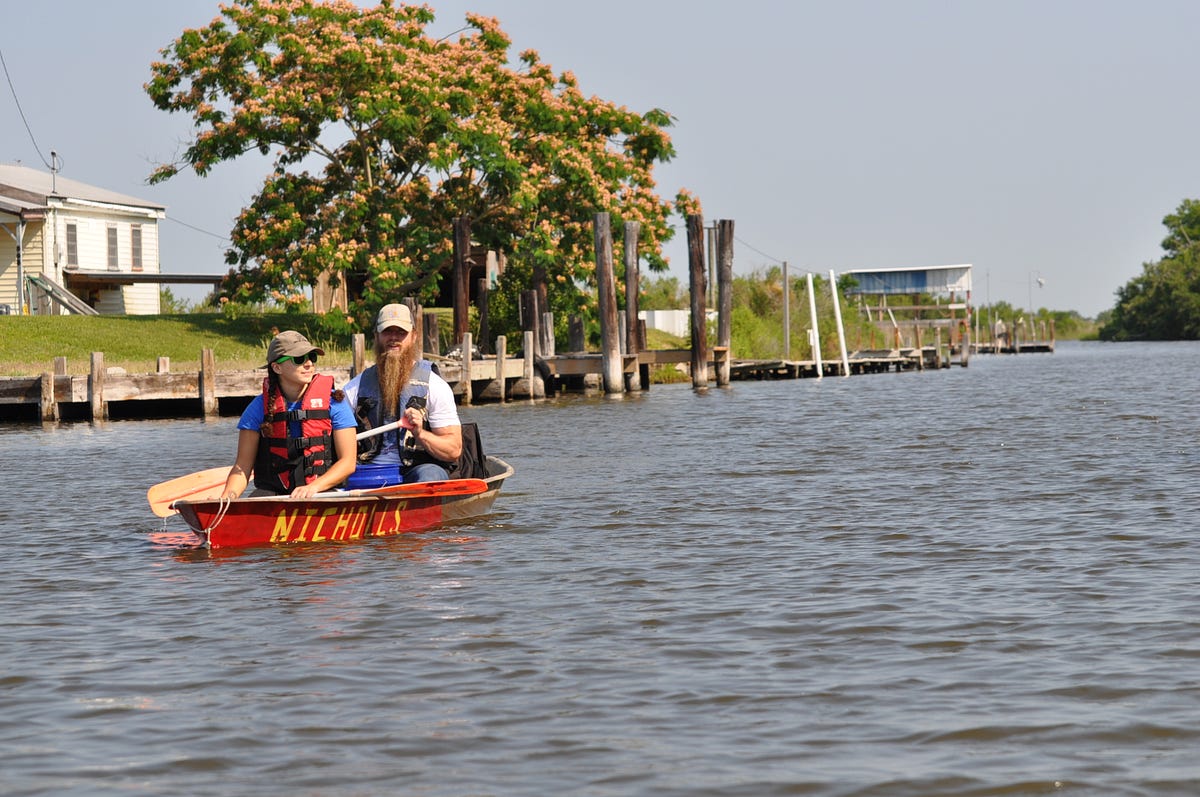
Why do you think it’s important to highlight women of color in STEM?
Many established scientists who happen to be white, cis, straight or male tend to look at scientists who aren’t those things as inherently less capable because we don’t look like the “founders of science” included in our textbooks.
There’s a dearth of queer folx and people of color in STEM because we’ve historically been barred from this field and education in general — not because we’re ill suited for it.
I look at women like Betty Reid Soskin, Dr. Beverly Wright, and Lisa P. Jackson as folks I could be one day. Without visible role models, goals like them seem like lofty fantasies, but to see folks actually achieve is motivating.
What else are you passionate about?
I’m an avid reader, I love to go dancing, and I love to craft with natural items! I’m always gathering plant parts, stones, bones, feathers, shells and other items to use in arrangements or creations.
I also consider myself a servant leader and try to serve my community in various capacities as much as I can.
You can find Kellyn on Twitter and Facebook.
Thank you, Kellyn, for boldly serving and championing your community! We’re honored to have you in our #VanguardSTEM Village!
If you would like to nominate yourself or someone you know to be featured for #WCWinSTEM, you can do so here.
If you enjoy our weekly #WCWinSTEM features, consider donating to our parent not-for-profit, The SeRCH Foundation, Inc., to help support this work.
This article was edited by Anicca Harriot, our #VanguardSTEM LGBTQ+ engagement specialist and social media coordinator. Anicca coordinates all of our #QCWinSTEM features and is always excited to discuss new ways to ensure our queer women of color and non-binary people of color in STEM get the shine they so deserve. Don’t hesitate to contact her or VanguardSTEM if you have more ideas about how to do that!
